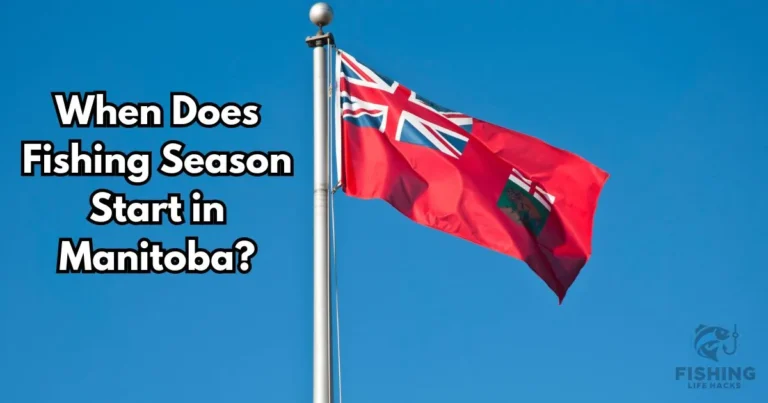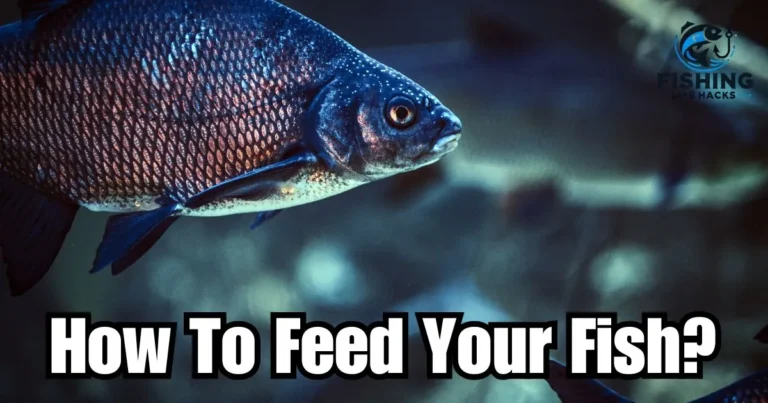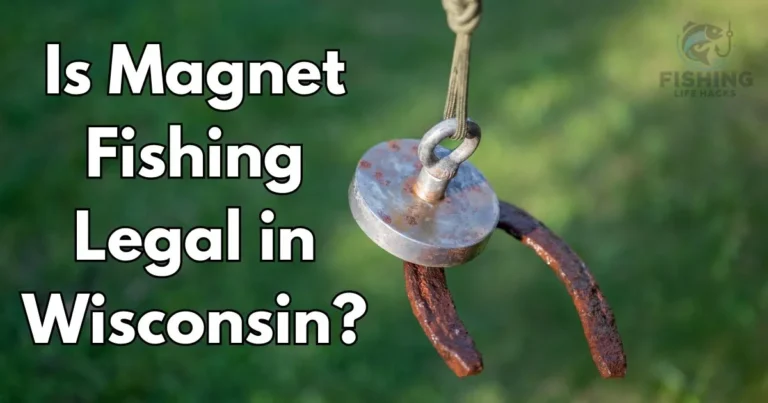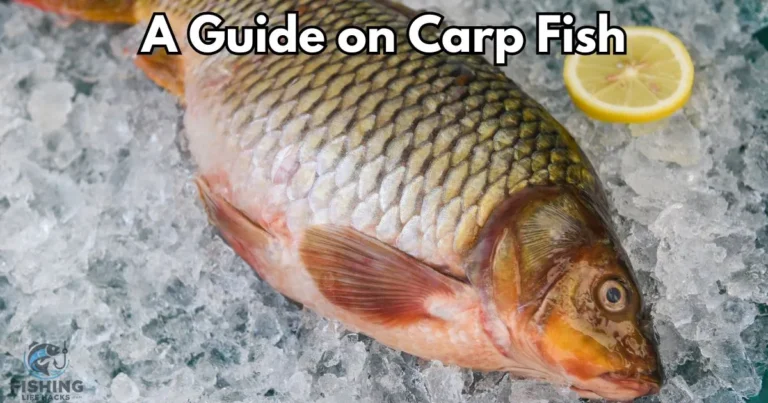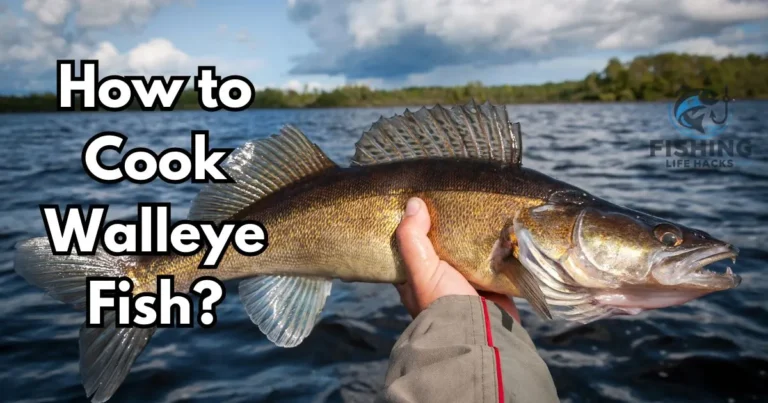How Long Can a Fish Live Without Eating?
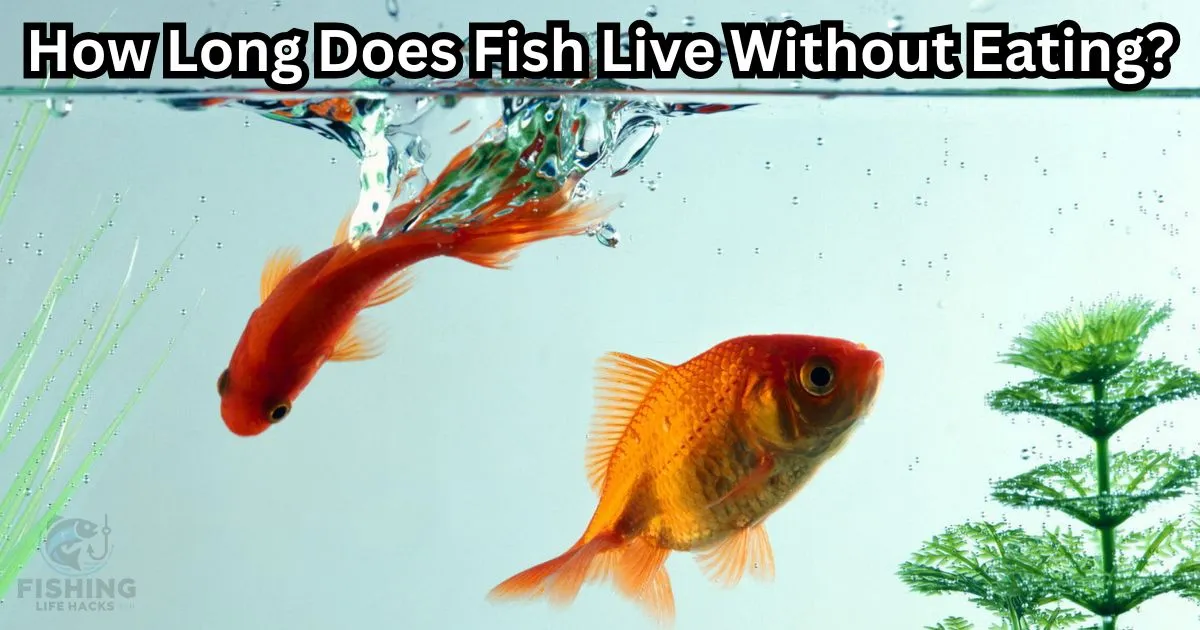
Fishkeeping comes with a range of responsibilities, and one of the key concerns for many fish owners is how long their aquatic pets can survive without food. Whether you’re planning a short trip or just wondering about the natural fasting tolerance of fish, it’s important to understand the factors that influence how long fish can live without eating.
General Fasting Duration for Different Fish
On average, most adult aquarium fish can survive anywhere from 3 days to 2 weeks without food. The exact duration depends on factors like species, age, health, and tank conditions:
- Betta fish: Betta fish can last up to 10–14 days without eating.
- Goldfish: Hardy like bettas, goldfish can survive around 7–10 days.
- Koi: Larger species like koi can go up to 2 weeks without food.
- Neon Tetras and other small fish should not be left without food for more than 5–7 days.
The variation in how long a fish can live without eating primarily depends on its species, as some, like Oscars, can endure longer fasting periods, while others, like Mandarins, need to eat frequently because of their small stomachs and higher metabolic rates.
Factors That Affect Fish Live Without Eating
- Species of Fish: Herbivorous fish typically require more frequent feedings due to the lower energy content in their plant-based diet. In contrast, carnivorous fish can go for longer periods without food since they consume more calorie-dense meals.
- Size and Age: Larger fish, or adult fish, tend to have more fat reserves and can survive for longer periods without food. Juvenile fish, however, are in their growth stages and require more frequent feedings to ensure healthy development.
- Tank Conditions: The overall health of your aquarium plays a critical role in how long fish can survive without eating. Well-maintained tanks with stable water conditions help fish cope with fasting better than tanks with poor water quality. Regular tank maintenance, including keeping water temperatures stable, maintaining low ammonia levels, and ensuring a clean environment, can reduce stress on the fish during periods without food.
- Water Temperature: Fish metabolism is influenced by water temperature. Warmer water speeds up their metabolism, requiring more frequent feedings, while cooler water slows it down, allowing fish to go longer without food.
- Activity Level: More active fish tend to require more frequent meals to sustain their energy levels. Slower-moving fish, on the other hand, can tolerate longer periods of fasting.
How to Prepare Fish for Fasting
If you’re planning to be away for a few days and can’t feed your fish, there are ways to ensure they remain healthy:
- Automatic Feeders: Automatic fish feeders can dispense food at set intervals and are useful for maintaining a feeding schedule when you’re not home. However, they should be used cautiously, as overfeeding or malfunctioning feeders can pollute the tank water.
- Fish Sitters: Hiring someone to care for your fish, especially if you’re away for more than a week, ensures they get fed properly. Provide clear feeding instructions to avoid overfeeding.
- Pre-Trip Tank Maintenance: Performing tank maintenance, such as cleaning the tank and adjusting water temperatures before you leave, can ensure a more stable environment for the fish during your absence.
- Fasting Routine: Regularly fasting your fish (such as skipping one meal per week) can benefit their digestive systems by clearing out excess food and preventing issues like constipation.
Signs Your Fish Are Hungry
While fish can survive without food for a certain period, they will show signs of hunger if they’ve gone too long without eating:
- Increased activity near the feeding area: Fish may swim more actively near the surface, where they are typically fed.
- Weight loss: Over time, you may notice a sunken belly or thinning body.
- Lethargy: Fish may become less active, stay near the bottom of the tank, or hide more often.
- Aggressive behavior: Hungry fish may become territorial or nip at other tank mates out of frustration.
Frequently Asked Questions
Conclusion
Most aquarium fish can survive anywhere from 3 days to 2 weeks without food, depending on their species, size, age, and overall health. While it’s possible for fish to endure short periods of fasting, extended deprivation can lead to malnutrition and stress, potentially weakening their immune systems. Proper tank maintenance and preparing a feeding plan during your absence, such as using an automatic feeder or hiring a fish sitter, can prevent problems while you’re away.

